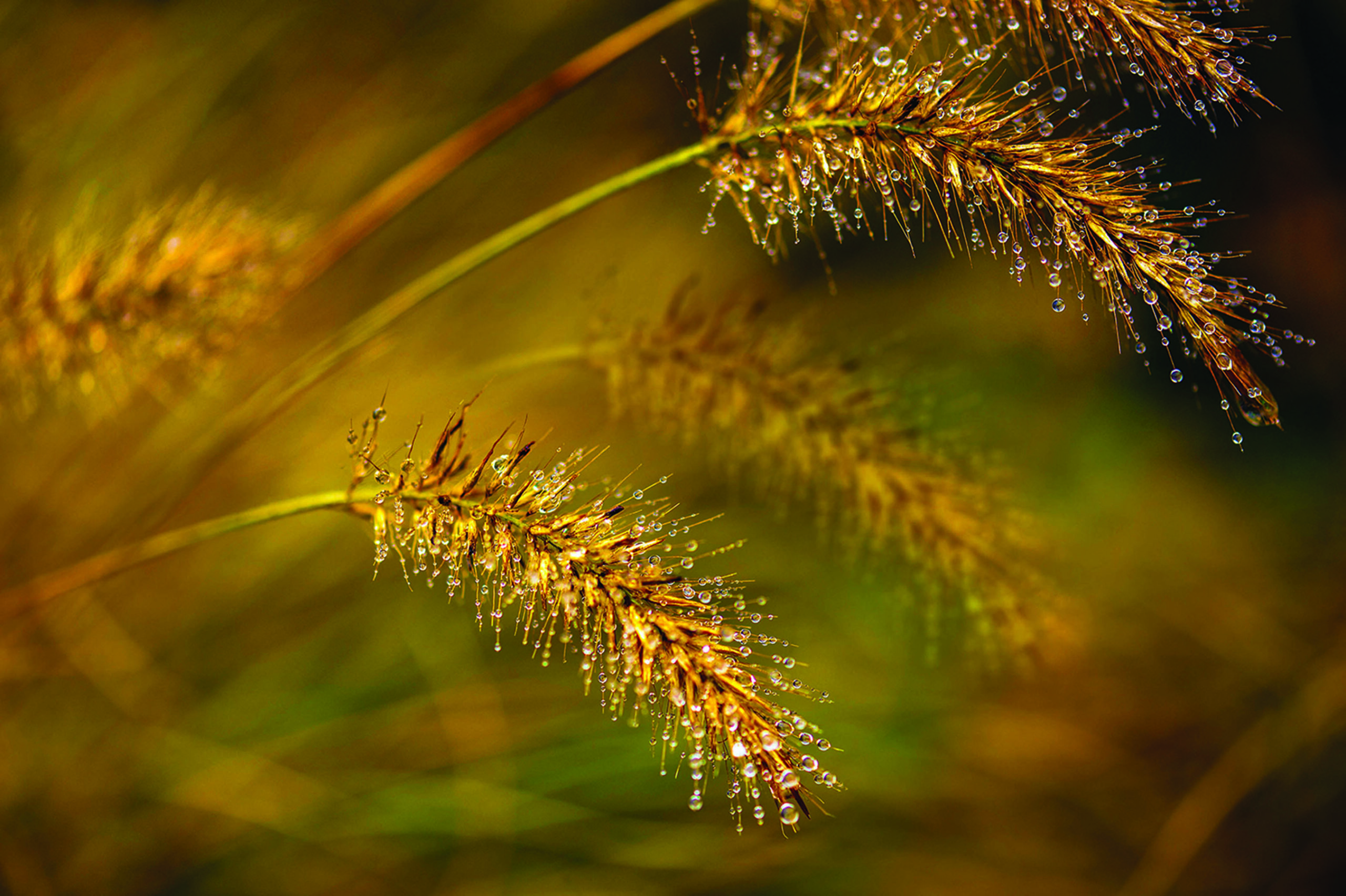CHARLESTON — West Virginia farmers in five select areas of the state who want to manage weeds, increase production and conserve soil on their farmland are eligible to participate in a pilot program for pasture weed management.
Monongalia, Preston and Marion counties are in one of the districts.
The West Virginia Conservation Agency, the WVU Extension Service and the West Virginia Association of Conservation Districts are seeking five farms to participate in the pilot. The purpose of this program is to develop and refine a process that may lead to a more inclusive statewide pasture weed management program.
The pilot will provide cost-share assistance for managing selected plant species in an integrated manner that will involve multiple practices, including, but not limited to, chemical herbicide control, mowing and rotational grazing of livestock. Plant species like autumn olive, multiflora rose, Japanese barberry and stiltgrass, perilla mint and Canada thistle are some of the targets for management.
Farmers who participate in the pilot will be asked to keep accurate records, enhance rotational grazing on their farm, follow a conservation plan, host educational events and more. In return, items available for cost-share would be temporary fencing and temporary watering systems, solar fence chargers, seeds, herbicide, equipment for rental such as no-till drills, mowers and sprayers.
One farm must be in each of the five participating conservation districts. These districts include: Potomac Valley (Mineral, Hampshire, Hardy, Grant and Pendleton counties), Southern (Fayette, Raleigh, Summers, Mercer, McDowell and Wyoming counties), Elk (Braxton, Nicholas, Clay and Webster counties), Western (Mason, Jackson and Putnam counties) and Monongahela (Monongalia, Marion and Preston counties).
Only five farms statewide will be eligible to participate in the pilot program. The hope is to use the findings from the pilot to have a much more expansive statewide pasture weed management program.
Farmers who operate within these conservation districts and are interested in participating may contact their local district by April 30, for more information or to apply.
The Elk Conservation District can be reached at 304-765-2535; Monongahela Conservation District at 304-941-2326; Potomac Valley Conservation District at 304-822-5174; Southern Conservation District at 304-253-0261; and Western Conservation District at 304-675-3054.
Tweet @DominionPostWV




